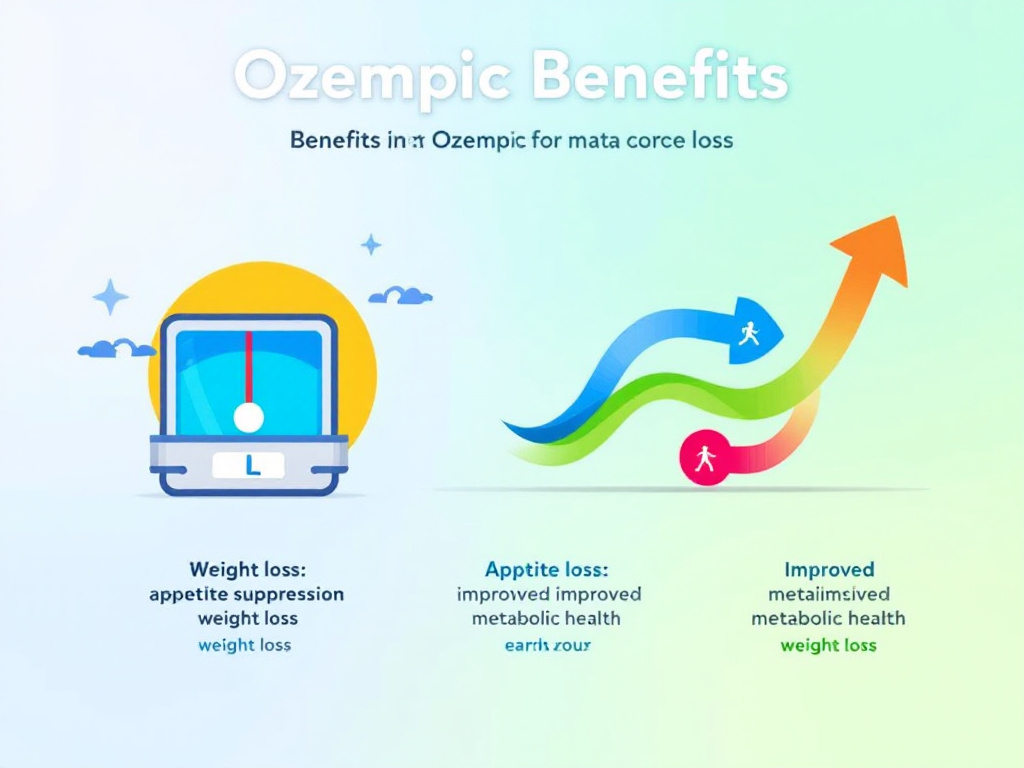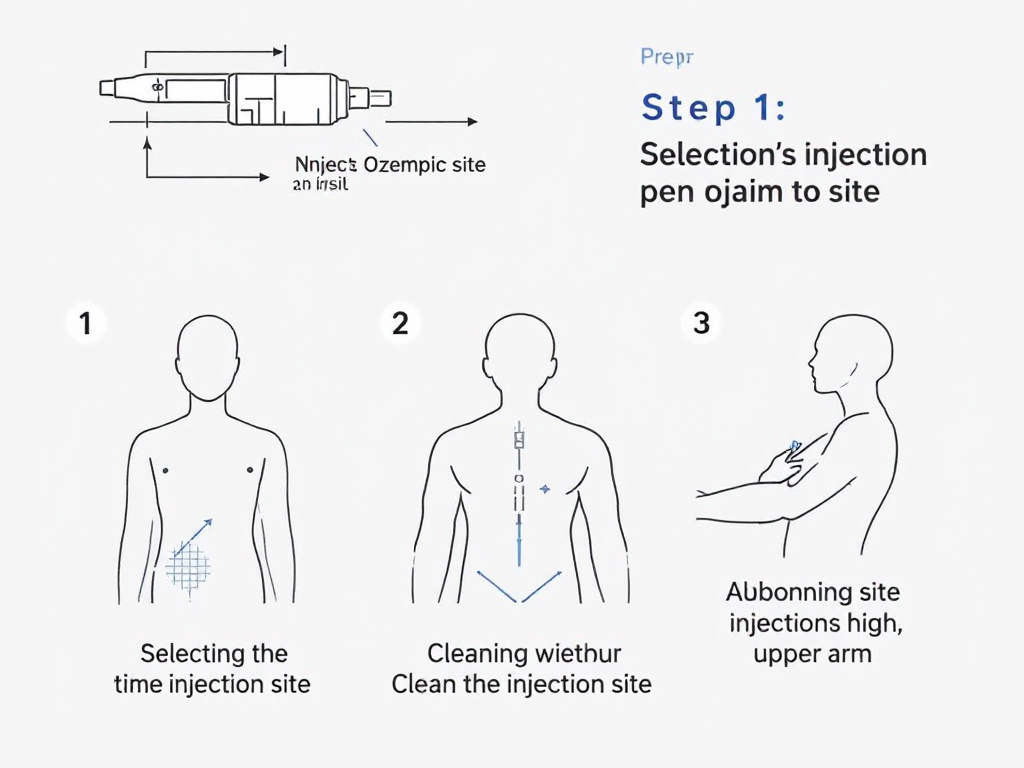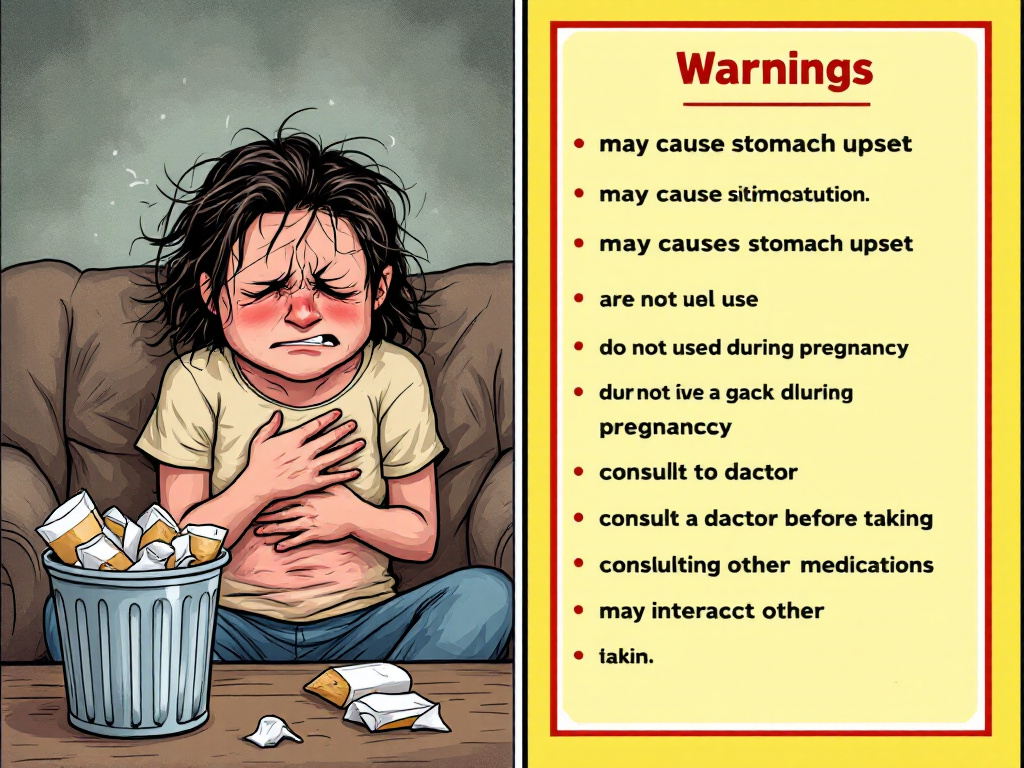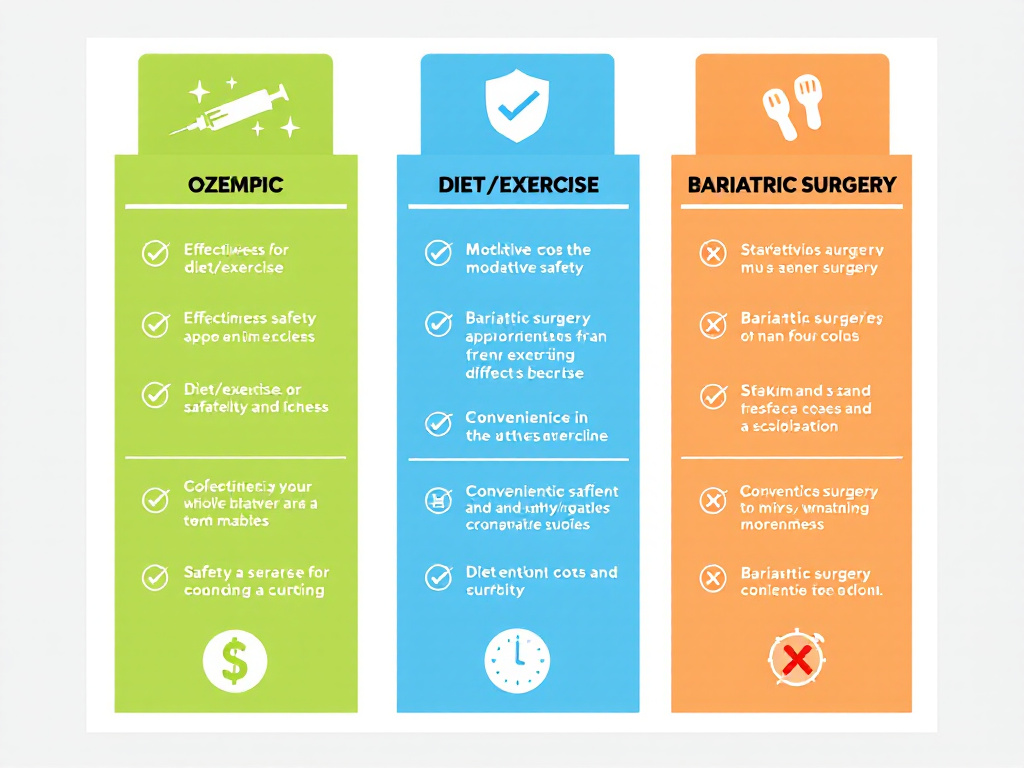Introduction to Ozempic for Weight Loss
In recent years, advancements in medical science have introduced innovative solutions for managing chronic health conditions, including in the case of Ozempic. Originally developed as a treatment for type 2 diabetes, Ozempic has gained recognition for its effectiveness in aiding weight loss.
Belly Fat Loss Belt: Does It Really Work for Weight Loss?
For individuals struggling with obesity or those seeking a doctor-approved method to shed excess pounds, this medication offers promising results. But what exactly is Ozempic, how does it work, and what should you know before incorporating it into your weight loss journey? This comprehensive guide dives deep into these questions, providing a clear, accessible understanding of Ozempic and its role in transforming lives.

What Is Ozempic and How Does It Work?
Ozempic, also known by its generic name semaglutide, belongs to a class of drugs called GLP-1 receptor agonists. These medications mimic the actions of a natural hormone in the body called glucagon-like peptide-1 (GLP-1), which plays a crucial role in regulating blood sugar levels and appetite.
The Ultimate 7 days Weight Loss Diet Plan for Sustainable and Healthy Results
Mechanisms Behind Ozempic’s Effectiveness:

- Appetite Suppression: Ozempic interacts with specific areas of the brain responsible for appetite control, leading to reduced hunger and fewer cravings.
- Slows Gastric Emptying: By delaying how quickly food leaves the stomach, it promotes a feeling of fullness, making it easier to eat less.
- Improves Blood Sugar Regulation: For individuals with type 2 diabetes or insulin resistance, Ozempic enhances the body’s ability to use insulin effectively, preventing excess fat storage.
Together, these effects create an environment conducive to weight loss, especially when combined with a balanced diet and regular physical activity.
How to lose weight fast : Naturally lose weight fast
How Does Ozempic Help with Weight Loss?

For those wondering how Ozempic translates these mechanisms into tangible weight loss results, here’s a closer look at its benefits:
1. Reduced Calorie Intake
By curbing hunger and minimizing overeating, Ozempic helps individuals naturally consume fewer calories without the need for extreme dieting or constant willpower.
2. Enhanced Fat Burning
Improved insulin sensitivity allows the body to better utilize stored fat for energy, promoting fat loss over muscle loss.
3. Long-Term Weight Management
Unlike crash diets or short-term solutions, Ozempic provides a sustainable method to maintain weight loss by addressing underlying issues like appetite dysregulation.
Benefits of Using Ozempic for Weight Loss
When used under a doctor’s guidance, Ozempic offers numerous advantages beyond weight loss. Let’s explore these benefits in detail:
1. Effective Weight Reduction
Clinical studies consistently demonstrate that Ozempic helps users lose significantly more weight compared to those relying solely on lifestyle changes. On average, participants lose 15% or more of their initial body weight over several months.
2. Improved Health Outcomes
- Blood Sugar Control: Ozempic stabilizes blood glucose levels, reducing the risk of complications like nerve damage or vision problems in people with diabetes.
- Cardiovascular Benefits: Research shows that it lowers the likelihood of heart attacks and strokes by improving cholesterol levels and reducing inflammation.
3. Convenient Administration
Unlike daily medications or treatments requiring frequent doses, Ozempic is administered once weekly via an easy-to-use injection pen. This simplicity enhances adherence and makes it suitable for busy lifestyles.
Who Can Use Ozempic for Weight Loss?
Ozempic isn’t suitable for everyone, but it’s an excellent option for certain groups:
Eligible Candidates:
- Individuals with a Body Mass Index (BMI) of 30 or higher (classified as obese).
- Those with a BMI of 27 or higher have obesity-related health conditions such as high blood pressure, high cholesterol, or sleep apnea.
- People with type 2 diabetes also struggle with weight management.
Important Considerations:
Before prescribing Ozempic, healthcare providers assess factors like medical history, current medications, and overall health to ensure it’s a safe and effective choice.
How to Use Ozempic

Understanding the correct way to use Ozempic maximizes its benefits while minimizing potential risks. Here’s a step-by-step guide:
1. Starting Dose:
- Begin with 0.25 mg once a week for the first four weeks. This allows your body to adjust to the medication and reduces the likelihood of side effects.
2. Adjusting the Dose:
- After the initial period, your doctor may increase the dose to 0.5 mg per week.
- For many individuals, the maintenance dose is 1 mg weekly, but this can vary based on your response and goals.
3. Injection Sites:
- Administer the injection under the skin (subcutaneous) in your abdomen, thigh, or upper arm. Rotate injection sites to avoid irritation.
4. Consistency Is Key:
- Use Ozempic on the same day each week. Set reminders to help you stay on schedule.
Possible Side Effects of Ozempic

Like all medications, Ozempic can cause side effects. While most are mild and temporary, it’s essential to be aware of potential reactions.
Common Side Effects:
- Nausea: Often subsides as your body adjusts.
- Vomiting or diarrhoea: Staying hydrated can help alleviate discomfort.
- Constipation or stomach pain: Adding fiber to your diet may provide relief.
Rare but Serious Side Effects:
- Pancreatitis: Symptoms include severe stomach pain that may radiate to the back. Seek immediate medical attention if this occurs.
- Gallbladder Problems: Watch for signs like sudden pain in the upper abdomen or jaundice.
- Kidney Issues: Notify your doctor if you experience decreased urination or swelling.
Precautions:
Avoid Ozempic if you:
- Have a history of thyroid cancer or a condition known as Multiple Endocrine Neoplasia Syndrome Type 2.
- Are you pregnant, planning to become pregnant, or breastfeeding?
- Have severe gastrointestinal disorders.
Ozempic vs. Other Weight Loss Methods

How does Ozempic compare to traditional methods like diet, exercise, or surgery? Here’s a breakdown:
| Feature | Ozempic | Diet & Exercise | Weight Loss Surgery |
|---|---|---|---|
| Effectiveness | High | Moderate | High |
| Safety | Safe with doctor’s advice | Safe | Risk of complications |
| Cost | Moderate | Low | High |
| Convenience | Weekly injection | Daily effort | Requires surgery |
Tips for Maximizing Results with Ozempic

1. Eat a Balanced Diet:
- Focus on whole, nutrient-dense foods like vegetables, lean proteins, and whole grains.
- Minimize processed foods, sugary snacks, and high-fat meals to enhance weight loss.
2. Stay Active:
- Engage in regular physical activity that you enjoy, such as walking, swimming, or dancing.
- Start small and gradually increase the intensity to build sustainable habits.
3. Track Progress:
- Use a journal or app to monitor your weight, food intake, and activity levels.
- Celebrate milestones and adjust your plan as needed with your doctor’s guidance.
Success Stories with Ozempic

Hearing real-life experiences can be inspiring. Here are a few examples:
- Jane’s Transformation: After six months on Ozempic, Jane lost 35 pounds and gained newfound confidence. She credits the medication for helping her regain control over her eating habits.
- John’s Journey: Diagnosed with type 2 diabetes, John used Ozempic to improve his blood sugar levels while shedding 25 pounds. His doctor noted significant improvements in his overall health.
While individual results vary, these stories highlight Ozempic’s potential to change lives when combined with a healthy lifestyle.
Frequently Asked Questions About Ozempic (Continued)

2. How Soon Will I See the Results?
While some individuals notice weight loss within the first month, significant and sustained results typically take several months, especially when Ozempic is combined with lifestyle changes like a healthy diet and regular exercise.
3. What Should I Do If I Miss a Dose?
If you miss a dose of Ozempic, take it as soon as you remember, provided it’s within five days of your scheduled dose. If more than five days have passed, skip the missed dose and continue with your regular schedule. Never take two doses to make up for the missed one.
4. Can I Use Ozempic with Other Weight Loss Medications?
Using Ozempic alongside other weight loss medications should only be done under the guidance of your healthcare provider. Combining medications may increase the risk of side effects or interactions.
5. Is Ozempic a Lifelong Treatment?
While some individuals may use Ozempic long-term for weight maintenance, others may only need it temporarily to achieve their goals. Your doctor will help determine the best duration based on your progress and health needs. Discontinuing Ozempic without proper guidance may lead to weight regain.
6. Can I Drink Alcohol While Using Ozempic?
Moderate alcohol consumption is generally safe for most people using Ozempic. However, excessive drinking can interfere with blood sugar regulation and increase the risk of side effects like nausea. Consult your doctor about alcohol use while on this medication.
7. Are There Foods I Should Avoid While Taking Ozempic?
There are no specific dietary restrictions while using Ozempic. However, focusing on a balanced diet with plenty of vegetables, lean proteins, and whole grains is recommended for optimal results. Avoid foods high in sugar or unhealthy fats, which can counteract your weight loss efforts.
8. Does Ozempic Cause Weight Gain Once Stopped?
Weight regain is possible after stopping Ozempic, especially if lifestyle changes are not maintained. To prevent this, continue practising healthy eating habits and regular physical activity after discontinuing the medication.
9. Is Ozempic Safe for Long-Term Use?
Clinical trials have shown that Ozempic is safe and effective for long-term use when monitored by a healthcare provider. Regular check-ins with your doctor can help identify and manage any potential side effects over time.
10. Can Ozempic Be Used for Teens or Children?
Ozempic is currently approved for use in adults. Its safety and effectiveness in children or teenagers have not been established. If you’re exploring weight loss options for younger individuals, consult a pediatric specialist.
11. What Happens If I Don’t See Results?
If you don’t notice significant weight loss after several months, your doctor may adjust your dose or explore alternative treatments. Consistency, adherence to your prescribed plan, and lifestyle modifications are critical for success.
12. How Does Ozempic Compare to Other GLP-1 Receptor Agonists?
Ozempic, Wegovy, and Saxenda are all GLP-1 receptor agonists, but they differ in dosage, administration frequency, and specific approvals. Wegovy, for example, is specifically marketed for weight loss. Discuss with your doctor which option is best for you.
13. Can I Get Ozempic Without a Prescription?
No, Ozempic requires a prescription from a licensed healthcare provider. It’s important to have a medical evaluation to ensure that it’s safe and appropriate for your situation.
14. What If I Can’t Afford Ozempic?
If cost is a barrier, check with your insurance provider to determine coverage. Additionally, manufacturer savings programs or generic alternatives may help reduce expenses.
15. Are There Non-Medical Alternatives to Ozempic?
Lifestyle changes, including a nutritious diet, regular exercise, stress management, and adequate sleep, remain the foundation of sustainable weight loss. These methods can be effective without medication, especially for those with mild weight concerns.
Let me know if you’d like to expand further or include additional details!
Disclaimer
The information provided in this article is for educational purposes only and is not a substitute for professional medical advice. Always consult a qualified healthcare provider before starting any medication or weight loss program. HealthBanay.com does not endorse or recommend any specific treatments and is not responsible for any consequences arising from the use of the information provided here. Use Ozempic and other medications only under the supervision of a licensed healthcare professional.
Ozempic for weight loss: Does it work, and what do experts recommend?

